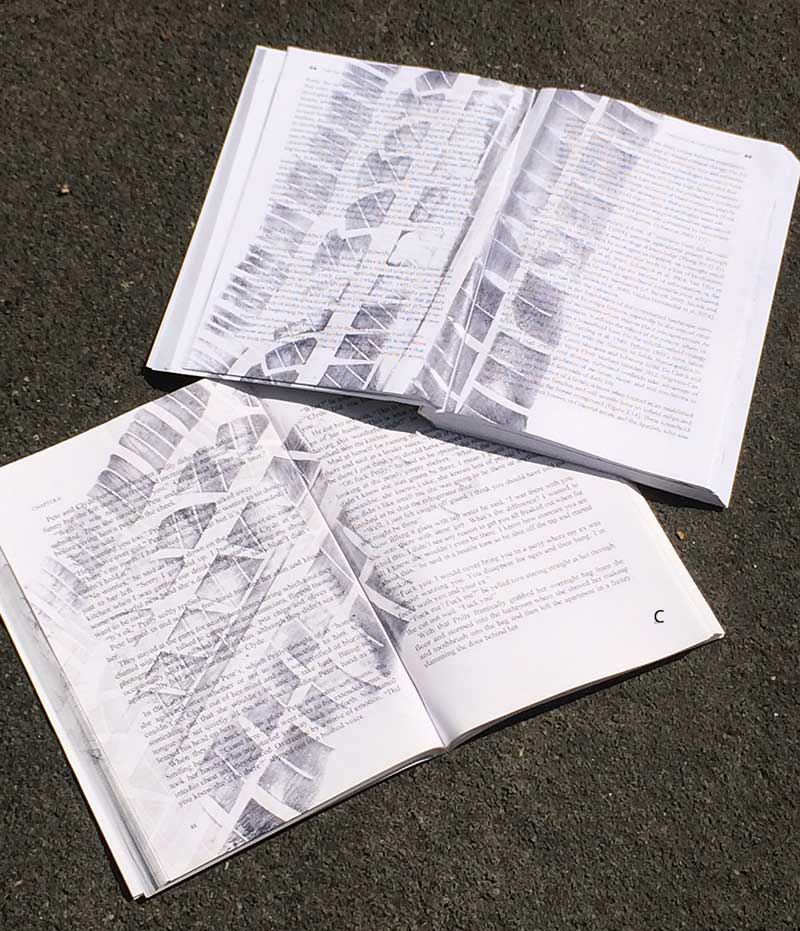

Mitch’s Blog
Post-Truth Archaeology
Saturday, December 17, 2016
A nice piece about how archaeology is presented in social media by Adrian Maldonado. All archaeologists have grimaced over some sketchy archaeological claim rapidly infecting in the global social media.
My favorite, and one of Maldonado's, was the claim of a Canadian teenager of finding a lost Maya city in Mexico's rain forests using satellite images. Archaeologists who know that region well alternated between a good laugh and tearing their hair out when the media blitz wouldn't end. After all, it was probably only a set of field walls. And we felt for the poor kid, when his high school science project done at high school level by a high school student spiraled out of control to the point that his project had to be denounced by a bunch of archaeologists who knew that his conclusions were wrong and needed to calm the social media blizzard, but who also tried not to discourage the kid from pursuing his serious interest in archaeology. A tough position.
David Stuart, a noted Mesoamericanist, called it right: "a terrible example of junk science hitting the internet in free-fall."
Maldanado's conclusions: "I’m convinced that we need to work within the system rather than against it. We can, at the very least, aim to talk to the media more often, and build the kinds of relationship with reporters that lead to some kind of mutual understanding. We can train students to write archaeology press releases as a form of short-form science communication, or perhaps just train them to decipher credible sources online. We need to apply the kinds of data-mining methodologies that can ask questions of how people engage with archaeology news online that I don’t even know to ask yet." His more complete explication of the topic appears in a scholarly journal Advances in Archaeological Practice.
It's that kind of world we live in, one with "unpresidented" reliance on social media.
Back to Scholarly Roadkill Blog
Scholarly Roadside Service
ABOUT
Who We Are
What We Do
SERVICES
Help Getting Your Book Published
Help Getting Published in Journals
Help with Your Academic Writing
Help Scholarly Organizations Who Publish
Help Your Professional Development Through Workshops
Help Academic Organizations with Program Development
CLIENTS
List of Clients
What They Say About Us
RESOURCES
Online Help
Important Links
Fun Stuff About Academic Life


